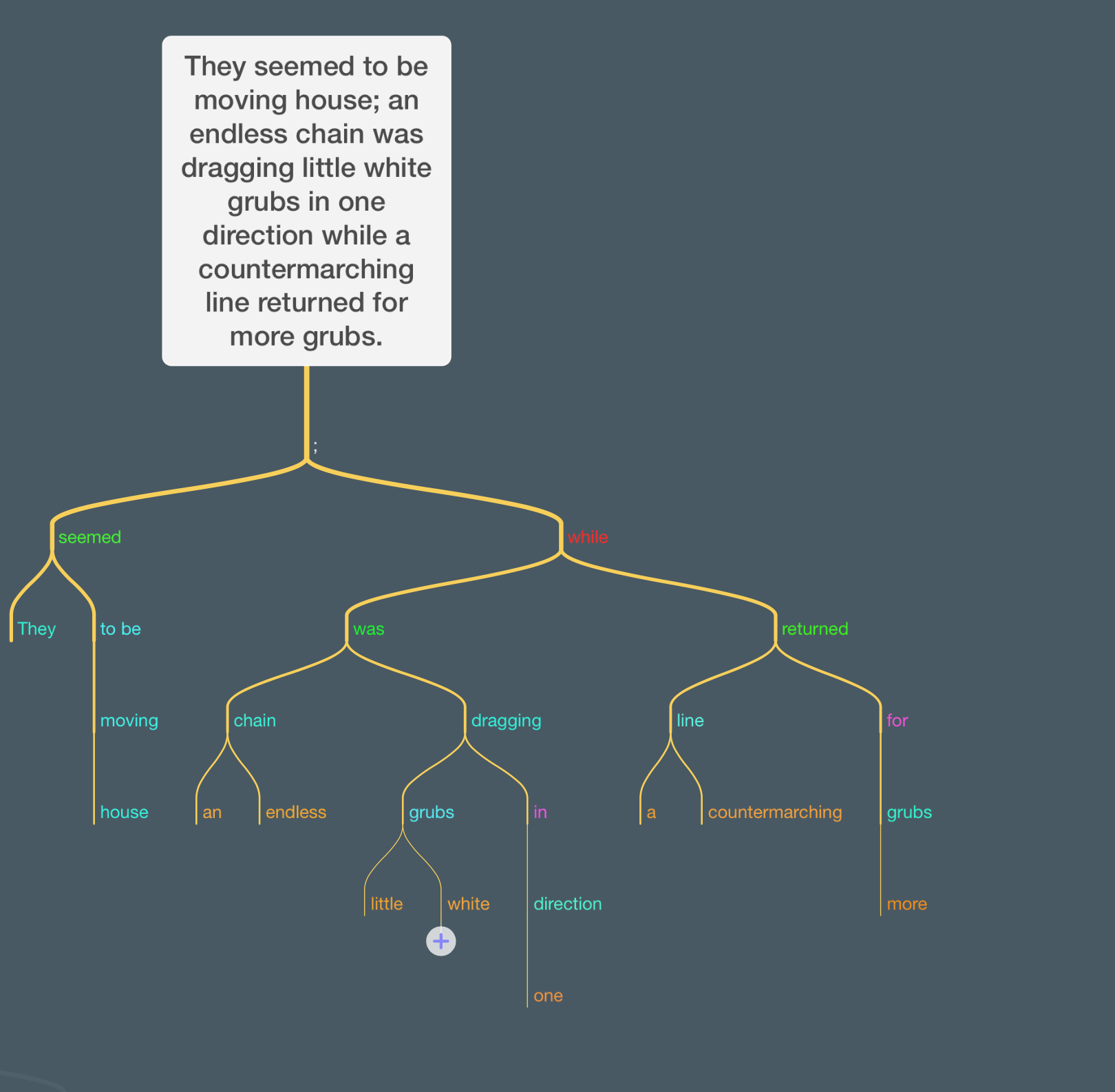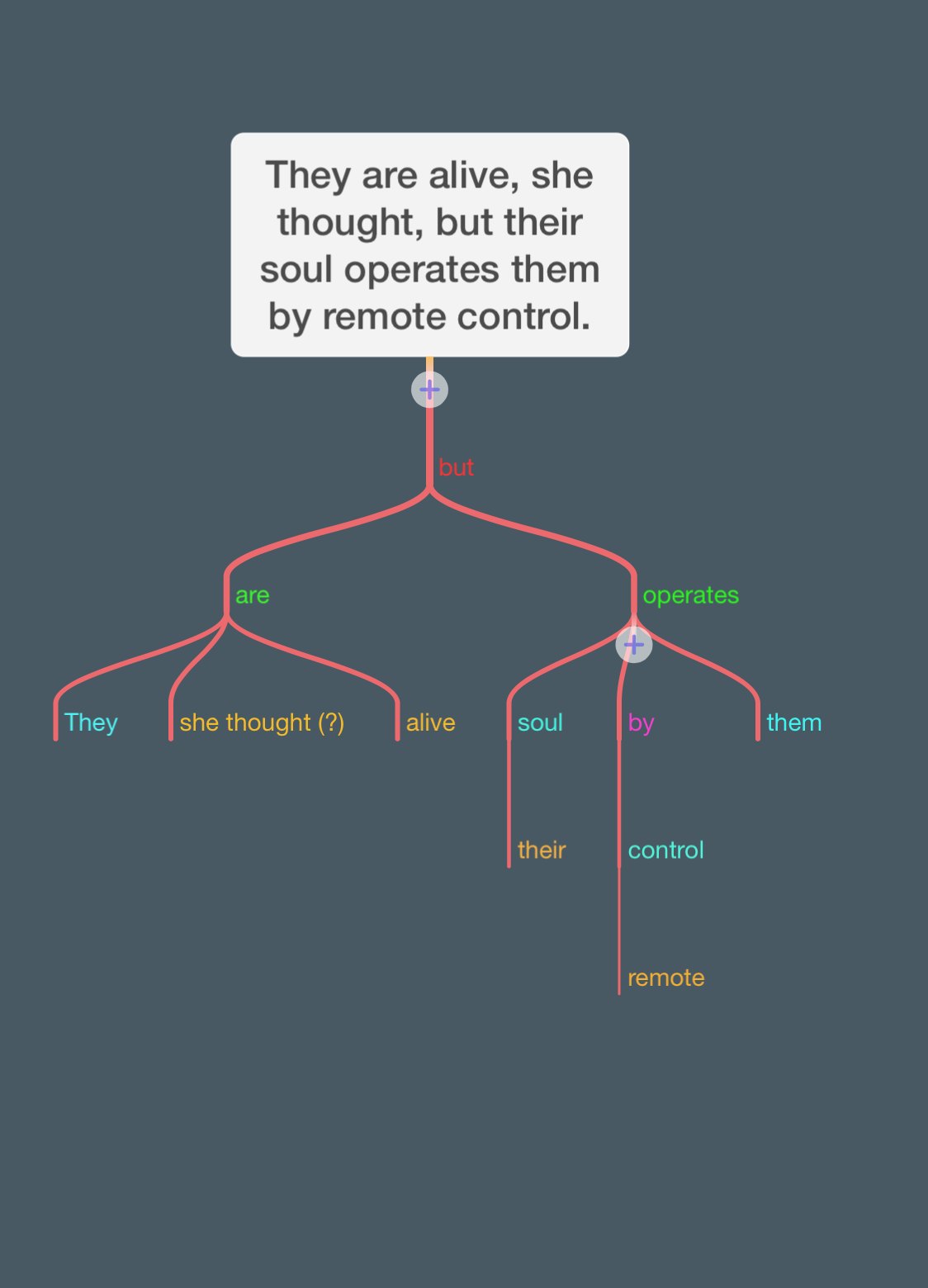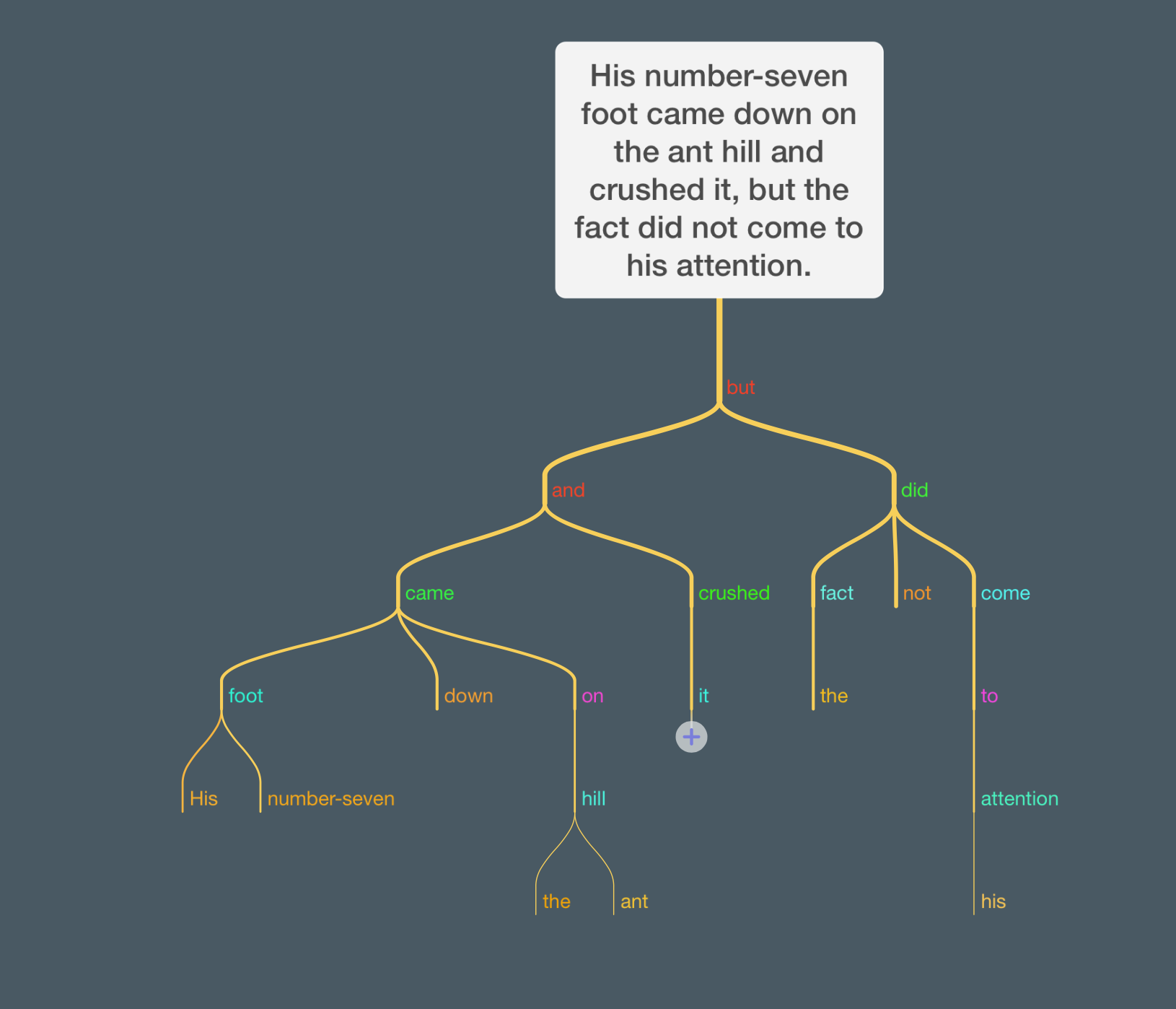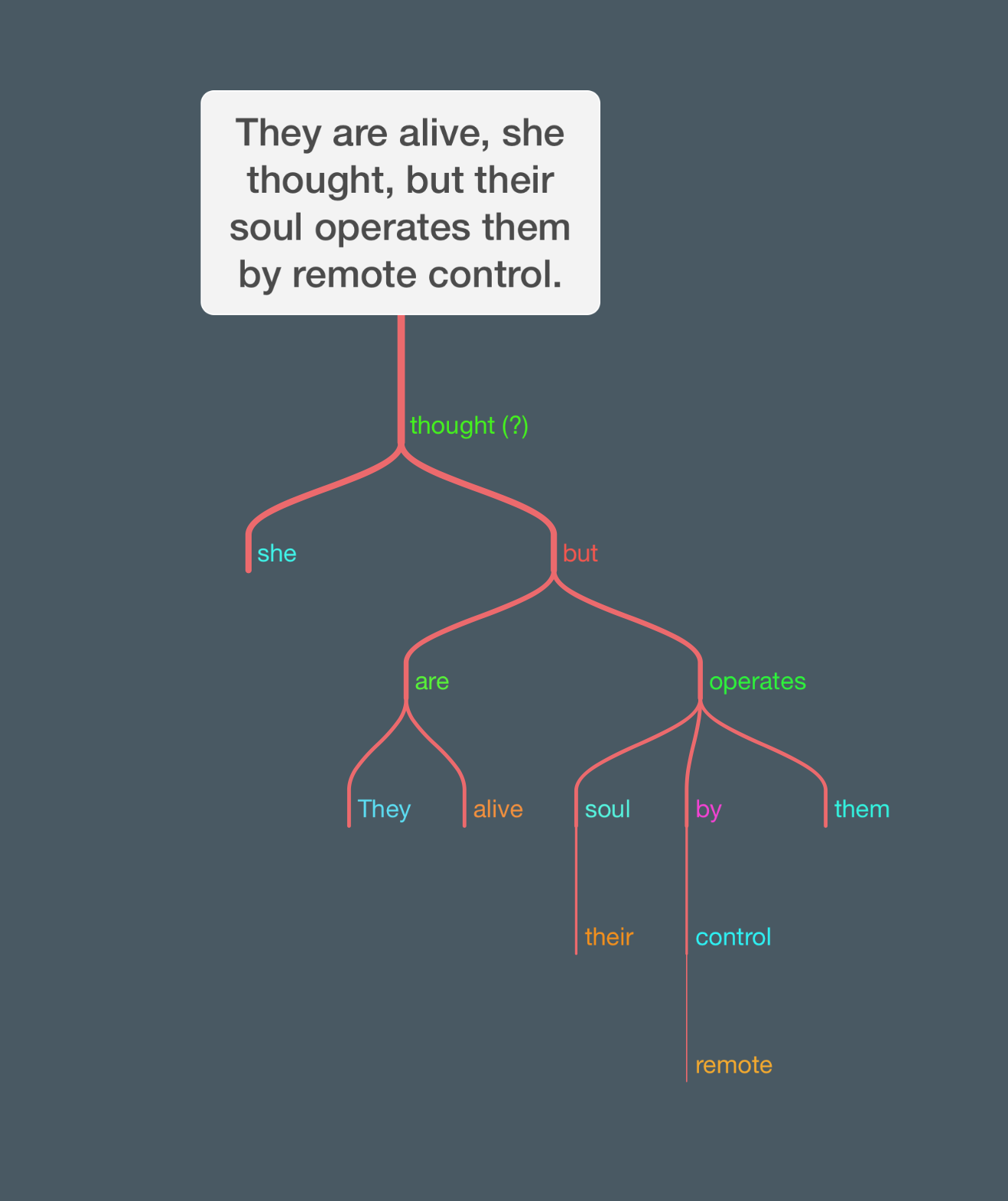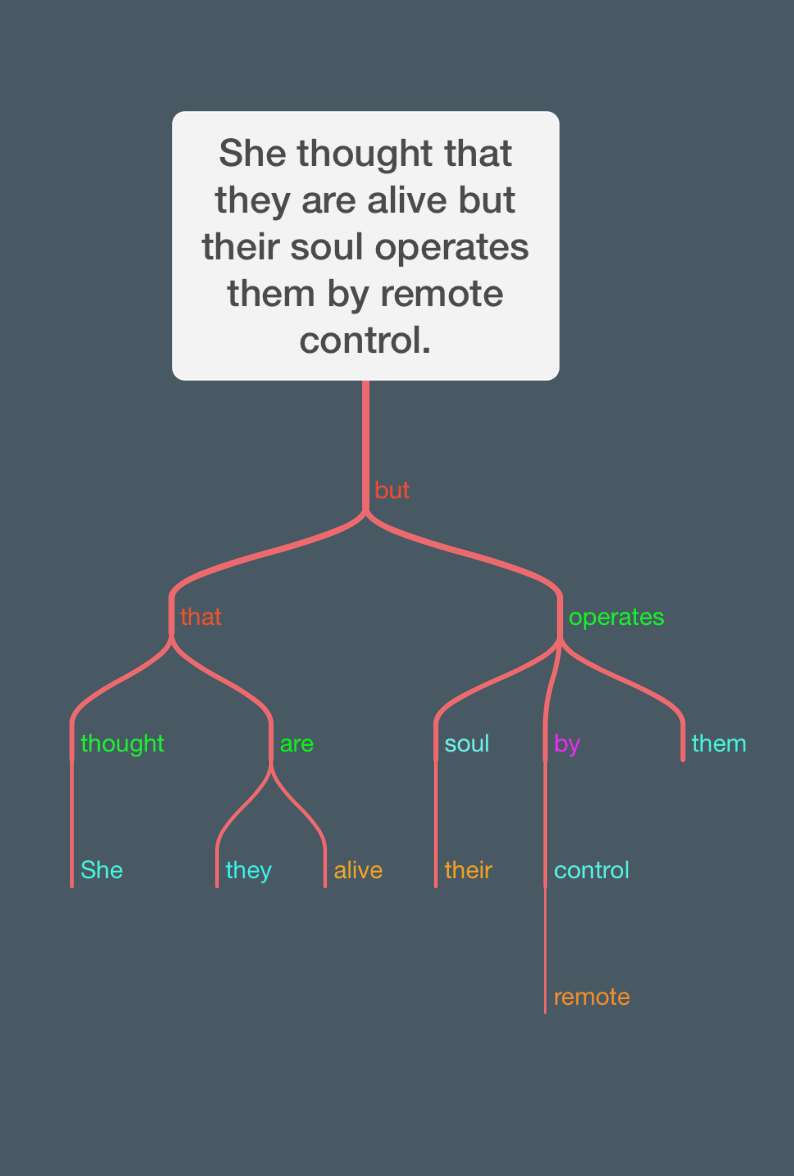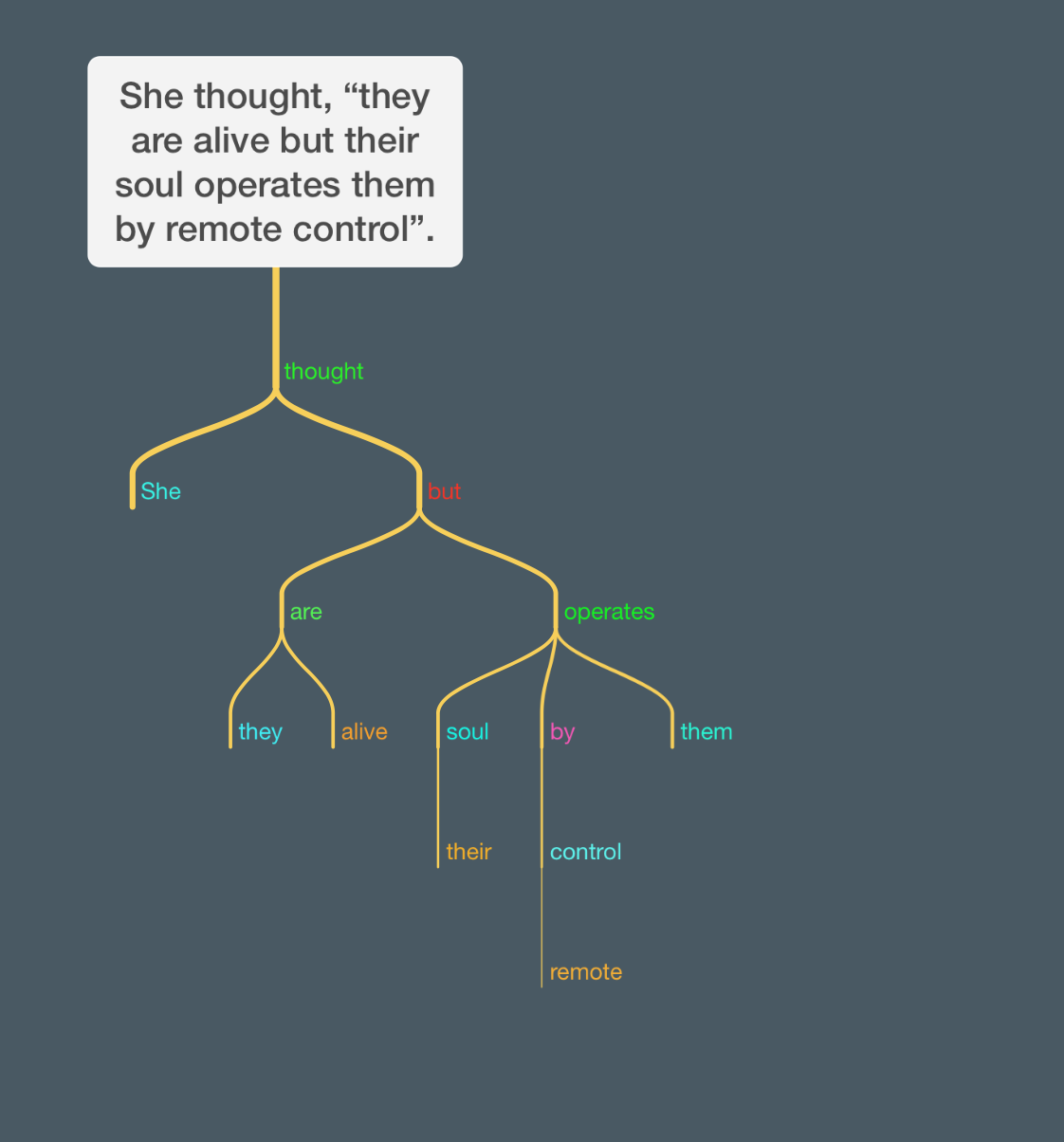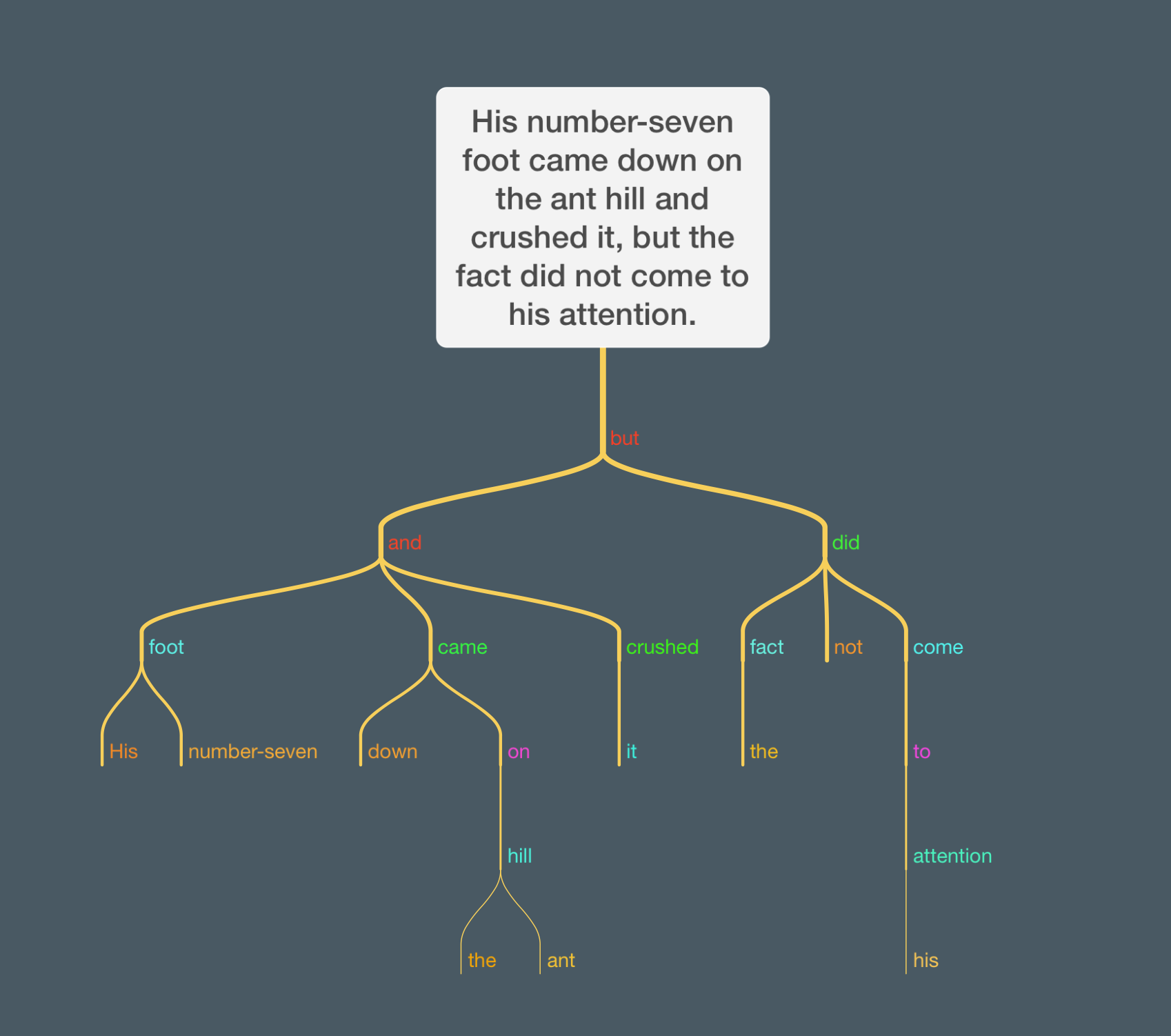Some more writing to share:
I’ve listened to most of the audiobook version of Why Does He Do That?: Inside the Minds of Angry and Controlling Men. I like it a lot so far. Theres somethings he shares that are quite disturbing about how women are treated and some broader disturbing things about how research into abuse has been conducted. Just one example, related to Sigmund Freud, that I thought was disturbing (quote is from the kindle edition of the book):
We need to take a large step back in time for a moment, to the early part of Freud’s era, when modern psychology was born. In the 1890s, when Freud was in the dawn of his career, he was struck by how many of his female patients were revealing childhood incest victimization to him. Freud concluded that child sexual abuse was one of the major causes of emotional disturbances in adult women and wrote a brilliant and humane paper called “The Aetiology of Hysteria.” However, rather than receiving acclaim from his colleagues for his ground-breaking insights, Freud met with scorn. He was ridiculed for believing that men of excellent reputation (most of his patients came from upstanding homes) could be perpetrators of incest. Within a few years, Freud buckled under this heavy pressure and recanted his conclusions. In their place he proposed the “Oedipus complex,” which became the foundation of modern psychology.
Within a few years, Freud buckled under this heavy pressure and recanted his conclusions. In their place he proposed the “Oedipus complex,” which became the foundation of modern psychology.
Bancroft, Lundy. Why Does He Do That? (p. 279). Penguin Publishing Group. Kindle Edition.
I looked it up and apparently thats accurate:
Once Freud started listening to his women patients (again, wild*),* all he heard was story after story of childhood sexual abuse. Dr. Herman explains, “Freud and his patients uncovered major traumatic events of childhood concealed beneath the more recent, often relatively trivial experiences that had actually triggered the onset of hysterical systems.” This, to me, sounds exactly like how I’ve seen CSA show up in so many of us as adults. We experience some trigger as adults, and as we dig deeper we discover childhood trauma that had been repressed in some way.
This is when Freud gets CSA super duper right. I love the way Dr. Herman explains how The Aetiology of Hysteria was so spot-on about sexual abuse. She says, “A century later, this paper stil rivals contemporary clinical descriptions of the effects of childhood sexual abuse. It is a brilliant, compassionate, eloquently argued, closely reasoned document.” Well damn, Freud, I guess you did great.
There seems to be some disagreement, that I don’t know how to look into effectively, about why Freud did what he did:
His letters from that time show that Freud was really worried that if hysteria was caused by CSA, then it meant that CSA was literally everywhere, and that was too much for him to wrap his head around as true.
“Hysteria was so common among women that if his patients’ stories were true, and if his theory were correct, he would be forced to conclude that what he called ‘perverted acts against children’ were endemic, not only among the proletariat of Paris, where he had first studied hysteria, but also among the respectable bourgeois families of Vienna, where he had established his practice. This idea was simply unacceptable,” explains Dr. Herman.
OKAY, SO LISTEN. Freud decided it couldn’t be that all these fancy-ass families had adults sexually abusing children in them, so said that his entire theory had to be incorrect. He found it easier to deny his entire findings than to accept that CSA happened in every family, everywhere, all the time.
Bancroft says its because he was met with scorn for believing that good men could be doing this stuff, the above says Freud couldn’t believe how much CSA was around him and that it couldn’t be true of well to do families. Probably both are true?
Regardless, thats really bad that we knew about this stuff (I think it makes sense for most of this to be true, but so far I’ve only read this book) way earlier but it was forced out of discussion.
I think I want to discuss this book and other stuff further. I might make a thread on it. I’ll see.
In terms of my view of myself as an abuser. I’m unsure. I finally got to the part of the book (its near the end) where he discusses the why about men being abuser (so I’ll comment on that after). When it comes to the how of abuse, a big theme off the book is control. I could be inaccurate in how I view my anger, and it is definitely possible I could have controlling elements, but when I get angry enough to desire to hit stuff I’ve never used it in a controlling manner. Abusive men hit women in order to control them. I’ve hit friends when I was younger because I got so pissed off that I just hit them. I always regret it afterwards. This is true of the times I’ve gotten very angry at women around me (not hitting them, the regret part). I get very angry, though I have gotten very confused (much to the surprise of a lot of friends around me) when the women are scared of me. I’ll probably share the kind of things that get me angry at some point, but as far as I can tell I just show my anger inappropriately (very inappropriately, I’m not trying to downplay it). I don’t use it to do stuff like scare women or control people.
Oh yeah I should probably clarify the confused part: another example of anger/potential violence I remembered related to work. One of my previous managers was a women and came in late a lot. In general, I get very mad at managers who fail to live up to the stuff they get to enforce. She can fire me fire being late (reasonable) while being late herself (unreasonable to me). Long-story short: one day she came in 30 minutes late to her shift, I got very angry and hit a wall in front of her. I had a very good relationship with her, so I didn’t get fired. She made it very clear that, that made her very uncomfortable and afraid. People don’t believe me (or at least not fully) when I say that I didn’t really understand what I did in that moment as bad or scary. I got mad enough to want to hit (this is bad, I acknowledge that) and so I hit a wall. The idea that she found it scary and traumatic (she had some history with this stuff she shared with me), while reasonable to me, was surprising/unintended. I do this a lot when I’ve gotten angry around friends. They tell me that I made them or others uncomfortable. I get kind of surprised/confused by it. It makes sense, but I didn’t intend to do that so I just never thought that would happen.
As far as I can tell I may have problems with how I express my anger and what I get angry about (I don’t know if I should have ever gotten that angry over my boss being late), but I don’t think I necessarily fit into the typical abuser category here. Though I do understand, from what I’ve read/listened to so far, that anything like hitting a well is abusive to a women regardless of my thought process behind it.
Very unsure about all this.
